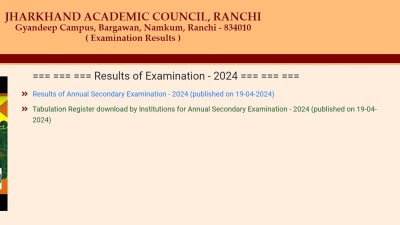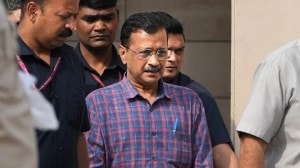- India
- International
‘No major riot in last 5 years… If lynchings create fear, doesn’t this create a sense of security?’: Arif Mohammad Khan
Ex-Union minister Arif Mohammad Khan explains why he doesn’t agree with the civil-criminal debate on triple talaq, says events have to be viewed against history, finds hope in Muslims giving importance to education, and asks what Cong-appointed panels achieved
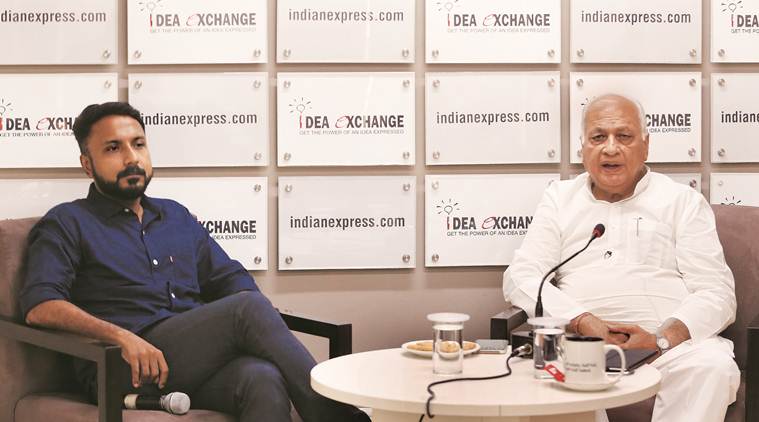 Former Union minister Arif Mohammad Khan with Deputy Associate Editor Manoj C G in The Indian Express newsroom. (Express photo: Amit Mehra)
Former Union minister Arif Mohammad Khan with Deputy Associate Editor Manoj C G in The Indian Express newsroom. (Express photo: Amit Mehra)
Why Arif Mohammad Khan
A former Union minister, who has held portfolios such as energy and civil aviation, Arif Mohammad Khan famously resigned from Rajiv Gandhi’s Cabinet in 1986, after the government decided to overturn the Supreme Court judgment in the Shah Bano case by bringing a legislation in Parliament. A supporter of reforms in Islam, Khan has opposed instant triple talaq for years. The practice now entails punishment after the Muslim Women (Protection of Rights on Marriage) Bill, 2019, was last week passed in Parliament. After quitting the Congress, Khan joined the Janata Dal and BSP. In 2004, he joined the BJP but left three years later, saying he felt ignored in the party.
MANOJ C G: During the triple talaq Bill discussion in the Rajya Sabha, Union Law Minister Ravi Shankar Prasad said that while the country has moved ahead, the Congress is still standing where it was in 1986. What do you make of the position?
After the Supreme Court’s judgment (on triple talaq), most people were under the impression that now they had got rid of this evil practice. However, reports of triple talaq cases continued.
On September 5, 2017, a month-and-a-half after the Supreme Court judgment, a friend from my old constituency, Bahraich, called me. He said his daughter had been divorced. Her husband works in a state in South India. His daughter told me, ‘Chacha (uncle), I don’t even know what really happened. We had a small argument over something and he suddenly lost control.” I immediately spoke to the local MLA and Bahraich’s Superintendent of Police. They tried to explain to the boy that triple talaq was unlawful, but the boy disappeared from Bahraich…

On October 6, 2017, I wrote a six-page letter to the Prime Minister. The next day, I had an hour-long meeting with him… I complained to him that in 1986, we committed a blunder by enacting a law to reverse the judgment in the Shah Bano case, and now we will repeat the same blunder if we don’t enact a law to ensure that the judgment of the Supreme Court is respected and followed. The Prime Minister told me that the law will be enacted.
The next day, I had a three-hour-long meeting with a team of officers from the Law Ministry and gave them whatever inputs I could. Eight days later, the (triple talaq) draft was finalised. The Bill was introduced in the Lok Sabha and passed… Later, that same girl called me up and said, ‘My husband called me up from Andhra Pradesh. He said he will come and take me after four days.’ That boy was unnerved just with the passing of the Bill in the Lok Sabha…
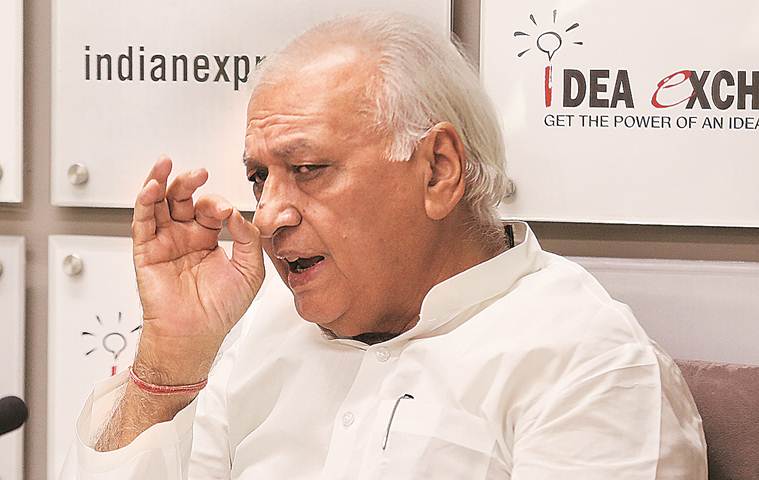 “After the Supreme Court’s judgment (on triple talaq), most people were under the impression that now they had got rid of this evil practice,” says Khan.
“After the Supreme Court’s judgment (on triple talaq), most people were under the impression that now they had got rid of this evil practice,” says Khan.
A lot of noise is now being made about conflating the civil with the criminal offence… Had Parliament made a law without any provision for punishment, would it not have met the same fate as the Supreme Court judgment? If people can, in the absence of a provision for punishment, defy the judgment of the Supreme Court, would they not have defied the law enacted by Parliament?
ABANTIKA GHOSH: But why does the law have to be religion-specific?
This is because, unfortunately, we (Muslims) decided a long time ago that our personal law shall be based on religion… The (law against triple talaq) should be implemented without any delay. We should try and purge ourselves of the enormities perpetrated in the name of these religious laws… Mr (Asaduddin) Owaisi (AIMIM chief) is keen on the equality clause — why is a Hindu man punished for one year and a Muslim man for three years, he asks. However, no one is being punished for divorce. Here the punishment is for haram, for doing something unlawful. The Supreme Court held it (triple talaq) unlawful on two accounts. First, it is arbitrary, therefore repugnant to the constitutional scheme. Second, they raised a question about the privy council’s (affidavit)… which admitted that the practice is good in law but bad in religion. So the Supreme Court asked how something that is bad in religion can be good in religious law? So it is unlawful…
ABANTIKA GHOSH: Why couldn’t the girl from Bahraich go to the police with a domestic violence complaint, which includes emotional abuse?
Due to large-scale illiteracy, Muslims take guidance from the local mullah. Four years ago, Maulana Muhammad Khan Sherani, chairman of Pakistan’s Council of Islamic Ideology, in a letter to the then Pakistani PM, wrote that while triple talaq was outlawed in 1961, it is as rampant in Pakistan as it was before the ban. This, he said, was because the local mullah tells the family of the girl that this is the law of God… He added that unless a provision is introduced to punish the offender, this is not going to come to an end. In 2018, the new chairman Qibla Ayaz repeated the same demand and referred to the judgment given by the Supreme Court of India.
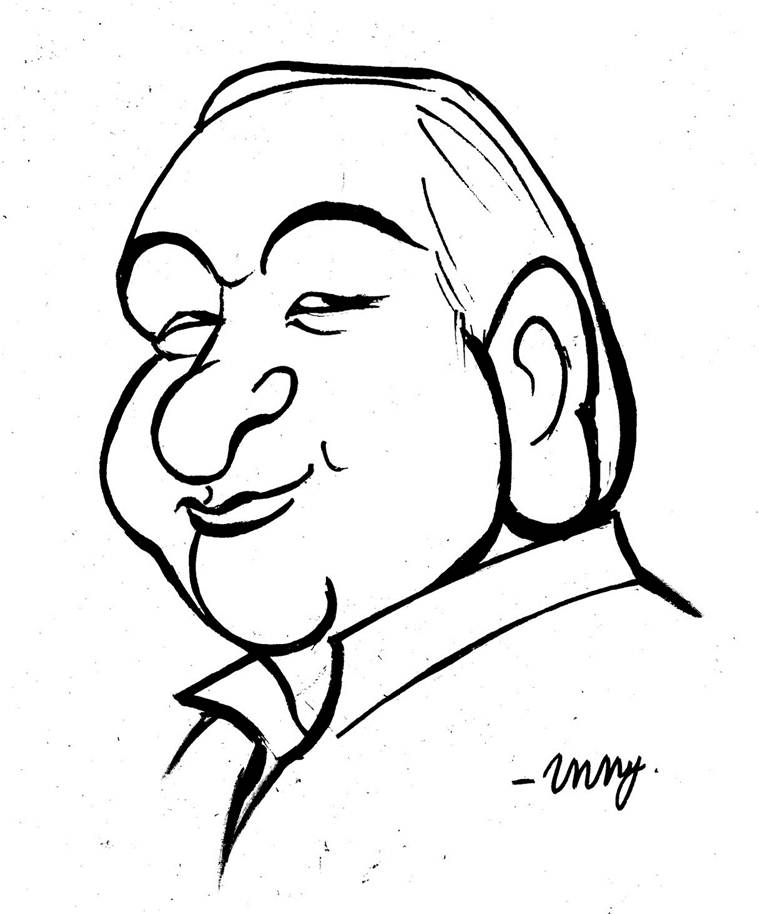 “Whether Muslim or Hindu or anybody, they are only concerned about their livelihoods,” says Arif Mohammad Khan.
“Whether Muslim or Hindu or anybody, they are only concerned about their livelihoods,” says Arif Mohammad Khan.
APURVA VISHWANATH: In terms of conviction, the law could face roadblocks. Since the crime is restricted to two individuals, it will be difficult to prove in a court of law.
The law does not ban divorce, not even triple divorce. The law bans irrevocable divorce in one sitting… What is punishable is arbitrary divorce… Imagine the pressure of society on the Muslim woman. Shah Bano fought for years and finally secured a judgment from the highest court of the land. The amount involved was Rs 174.20. But then she yielded to the pressure of clerics and wrote to the Supreme Court that ‘I have been told that this provision goes against my religion and so I am not going to avail of it….’
For divorce, pronouncement is supposed to happen over three months, husband and wife are supposed to continue to live together for the next three months. The real test (for conviction) is whether the wife has been turned out of the home or not. That’s physical evidence. If she does not leave the house, it is not instant or arbitrary divorce.
MANOJ C G: This law comes at a time when there is a sense of insecurity among Muslims in the country. There are incidents of lynching, people are being forced to say Jai Shri Ram….
In 1986, there was no lynching, there was no BJP, yet the movement started by the Muslim Personal Law Board led to the most aggressive and violent use of language. It was said then that our community’s identity, our religion was in danger, that the courts are trying to interfere in the religious affairs of Muslims. When the Muslim Personal Law Board’s meeting was held on the India Gate lawns, a public call was made to break the legs of those MPs, particularly Muslim MPs, who dared to differ with their position… The BJP only had two members in Parliament at the time.
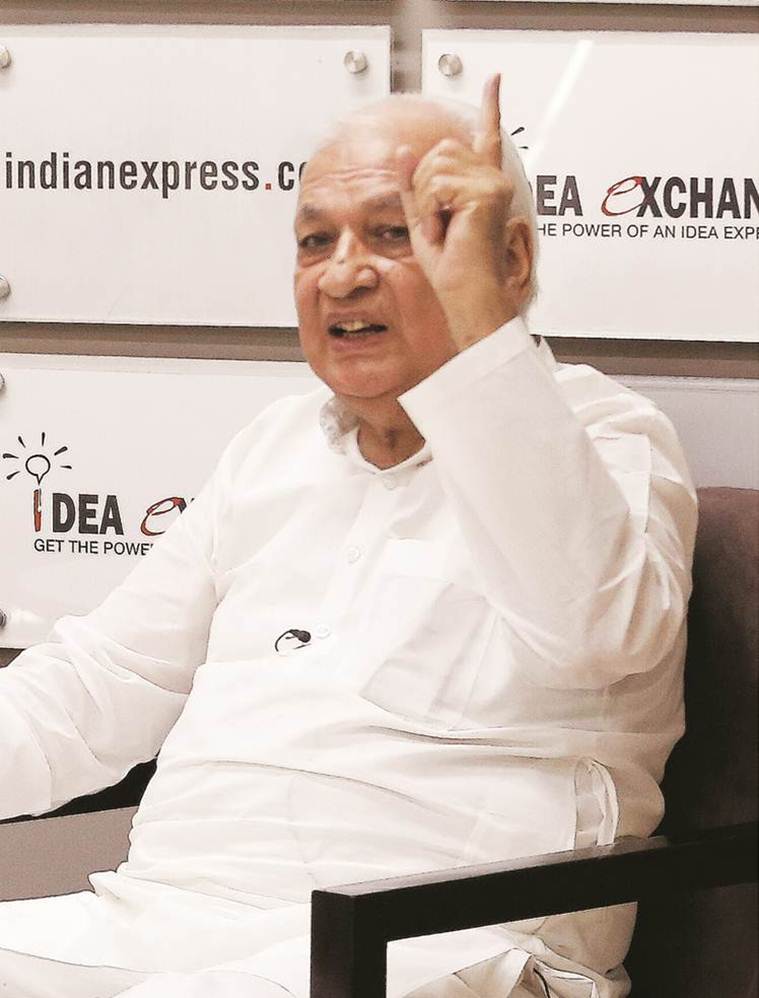 “The law does not ban divorce, not even triple divorce. The law bans irrevocable divorce in one sitting,” says former Union Minister Arif Mohammad Khan.
“The law does not ban divorce, not even triple divorce. The law bans irrevocable divorce in one sitting,” says former Union Minister Arif Mohammad Khan.
In 1946, what was the stand of the Muslim League? If the country is not partitioned… then our religion, culture, language will be in danger… So if some people have all these fears and insecurities, how are you going to help them…
I have very strong feelings on lynching because I am a survivor of lynching. After my resignation in 1986, there were at least three attacks at my house. Then in 1990, they almost had me…
If anybody is subjected to this kind of treatment because of his faith, colour… it is the most obnoxious thing and that cannot and should not be tolerated. But, at the same time, we must also remember that in the last five years there has been no instance of any major communal riot in India. If the lynchings are creating insecurity, why does that not create a sense of security?
As far as the common man is concerned, whether Muslim or Hindu or anybody, they are only concerned about their livelihoods. It is the privileged sections, at whom, in the name of secularism, some crumbs of power were thrown… it is they who are feeling uneasy. It is they who are creating this fear in the minds of the people. How is the common man concerned with these things?
ABANTIKA GHOSH: Should there be a law against lynching?
My question is, are we implementing the laws that are already in place? Unfortunately, whenever a problem arises, we make a new law… We have enough laws. A new law can also be made.
RAVISH TIWARI: You speak about 1986, when the party in power had a brute majority, and did whatever it wanted. There is a majority now too, of a party which fielded only a handful of Muslims in the elections, and which is now saying that I will ignore the voices of people from the community concerned and pass this Bill. Isn’t it the same as 1986?
In a big country like India, how can it happen that I take an action and then fear its consequences. How can I blame the BJP for it? Why is there such a climate now? There were fatwas issued by Deoband, asking people to wake up before sehri and read such and such wazifah (verse) to ensure that the BJP loses. In such a climate, how can you expect candidates of the BJP to win? How is that possible? Be realistic. But I am hopeful because there has been no major communal riot in the last five years.
Also, in the last five years, a large number of Muslim youngsters have entered the administrative services. It has never happened before. How did this happen? It is because they are losing their faith in the clergy. They have now started to stand on their own feet. They have started giving importance to education.
Will the BJP lose elections if you read a wazifah before eating sehri? Are you giving afeem (opium) in the name of religion? And then you expect the BJP to nominate you for MP’s post? In every religion, there is one basic teaching: never blame others for your problems. Others cannot create them. We were conquered by some because India had become conquerable. Swami Vivekananda, Swami Ranganathananda have said this. The Quran says, ‘Take care of yourself. If you are on the right path, then those on the wrong path cannot harm you.’ A bully is insecure and fearful. A law-abiding citizen never feels insecure, he is never scared.
RAVISH TIWARI: The BJP does not have articulate Muslim voices who command historical standing. How do you convince members of your community, or anyone in the public at large who is not a BJP supporter, that you are not a BJP stooge?
I won’t even attempt to convince these people. Whatever I am saying, I haven’t been saying this since the BJP came to power. I resigned from the Congress government while I was saying these things. I don’t have to prove anything to anybody. What can be a bigger proof than the fact that I gave up power for this stand (Shah Bano)? Now is it my fault that in 1986, both the CPI(M) and the CPI were supporting me, and so was the BJP? It’s a different matter that after a few years, the CPI(M) started to dilute its stand. And you must have seen photographs of a CPM leader with a big bindi sharing stage with maulvis. Does she ask them if they ever get the women of their house to such meetings? They don’t feel uncomfortable sitting with you, but they don’t allow their own women to come and attend any public meeting. I don’t need to prove anything to them.
RAVISH TIWARI: The Sachar Committee had detailed the condition of Muslims in India with facts and figures. It seems to some that you have wrong priorities, that you are focused on just this Bill and are not putting any pressure on the BJP to improve the condition of Muslims in the country.
Who made the Sachar Committee (2005)? Who made the Ranganath Commission (National Commission for Religious and Linguistic Minorities, 2004)? Who made the Gopal Singh Committee (to inquire into the condition of minorities, SCs, STs and other weaker sections, 1980)? (Congress governments)… when even the minority commission was never given statutory status. At Vigyan Bhavan, Manmohan Singh said ‘Muslims have the first claim to the resources of this country’. The next day when a Muslim steps out of his house, his neighbour will look at him and think, ‘Oh, so now they have the first claim on the country’s resources’. You are only creating hostility for me (Muslims).
What does minority mean? Should I accept that my status is less? Should I become the victim of an inferiority complex? No. Right from 1981, since my first year in Parliament, I have said that I find it humiliating when I am told I am from a minority community. I win with Hindu votes, I defeat a Hindu candidate… Am I a minority? You are only trying to demean, devalue me. I am a full-blooded proud citizen of India. I have equal rights. If I am less than no one, then my responsibilities too are not less than anyone… So let me be an Indian, religion is my personal affair. Committees like these are made to increase my (Muslims’) fear and insecurity. I will demand action that is beneficial for everyone, not for just one community.
MANOJ C G: Is there any hope for the Congress? Can it be revived?
The day this (triple talaq) Bill was brought to the Lok Sabha, I ran into (Congress leaders) Anand Sharma, Ahmed Patel, in Parliament’s Central Hall. I sat down with them for two hours. I tried to explain to them, ‘Look, this was a party with 407 seats, but after the Shah Bano case, it couldn’t touch 200’.
The Congress called itself ‘secular’, but its opponent, the Muslim League, used to call it the Hindu Jamaat. Most Urdu newspapers referred to its president Maulana Azad as the ‘Muslim chief of the Hindu Congress’. In the common man’s mind, would the Congress’s secular image leave an impression or the Muslims’ definition of it as a Hindu party? It’s always your opponent who defines you, not your supporters.
Maulana Azad, who was against Partition, prevailed upon everybody to accept the Cabinet Mission Plan. (The 1946 Plan upheld the unity of India and rejected the idea of Pakistan, but provided autonomy to Muslim-majority provinces to run their own affairs.) The Plan was highly undemocratic. It didn’t seek to establish the equality of citizens but parity of communities according to the Muslim League’s demand. Azad lost his presidentship because of this. When Nehru became party president, he said, ‘We agreed to the Plan, but we can’t bind our future generations to this’. (Muhammad Ali) Jinnah jumped at this and said, ‘Now there will be Partition’. My understanding of the Plan was that this was an unfair move to give the League an upper hand. Indians were happy that Congress leaders accepted Partition to stop the hegemony of the Muslim League.
During Indiraji’s time, in 1984, I was the Valley in-charge of the Congress. The party had swept Jammu and won three seats in the Valley. All parties alleged Indiraji had played the Hindu card. In 1984, after Indiraji’s assassination, the Congress won more MPs than it had done even in 1952. But the Congress surrendered to smaller movements. The result is it hasn’t touched 200 since then. Your ideals may be lofty but if they clash with people’s sentiments, they won’t survive. Hollow ideals don’t inspire, do what is practically possible.
All I ever wanted was that my children don’t grow up in the atmosphere I did in the years following Partition. You can’t ignore history. I want to live in peace with my neighbours. I can’t afford this Hindu-Muslim thing, I am tired of this.
ABANTIKA GHOSH: Doesn’t division happen every time a minister talks in terms of Ramzaada-Haramzaada, or a CM talks about a green virus?
These are highly objectionable, totally unacceptable statements. But these are the fruits of trees planted earlier. It’s time we plant new ones… I go to meetings of the RSS and say unpleasant things, criticise them. Each time I think they will never call me again, but they do. That’s because when I say unpleasant things, I don’t say so outside but in their meetings. They also call me because these are things I have been fighting for consistently. Look at the environment now. Six months ago, Ghulam Nabi Azad said in Lucknow that the atmosphere of the country has worsened so much that 80 per cent of (Hindu) candidates who used to call him for campaigning don’t do that any more. What was he trying to do? If he had to complain, he should have done that in the party. Why say that in public? The idea was to create fear in the minds of Muslims, a sense of victimhood, insecurity. This is a design and I don’t want to be a victim of this insecurity.
Apr 19: Latest News
- 01
- 02
- 03
- 04
- 05


